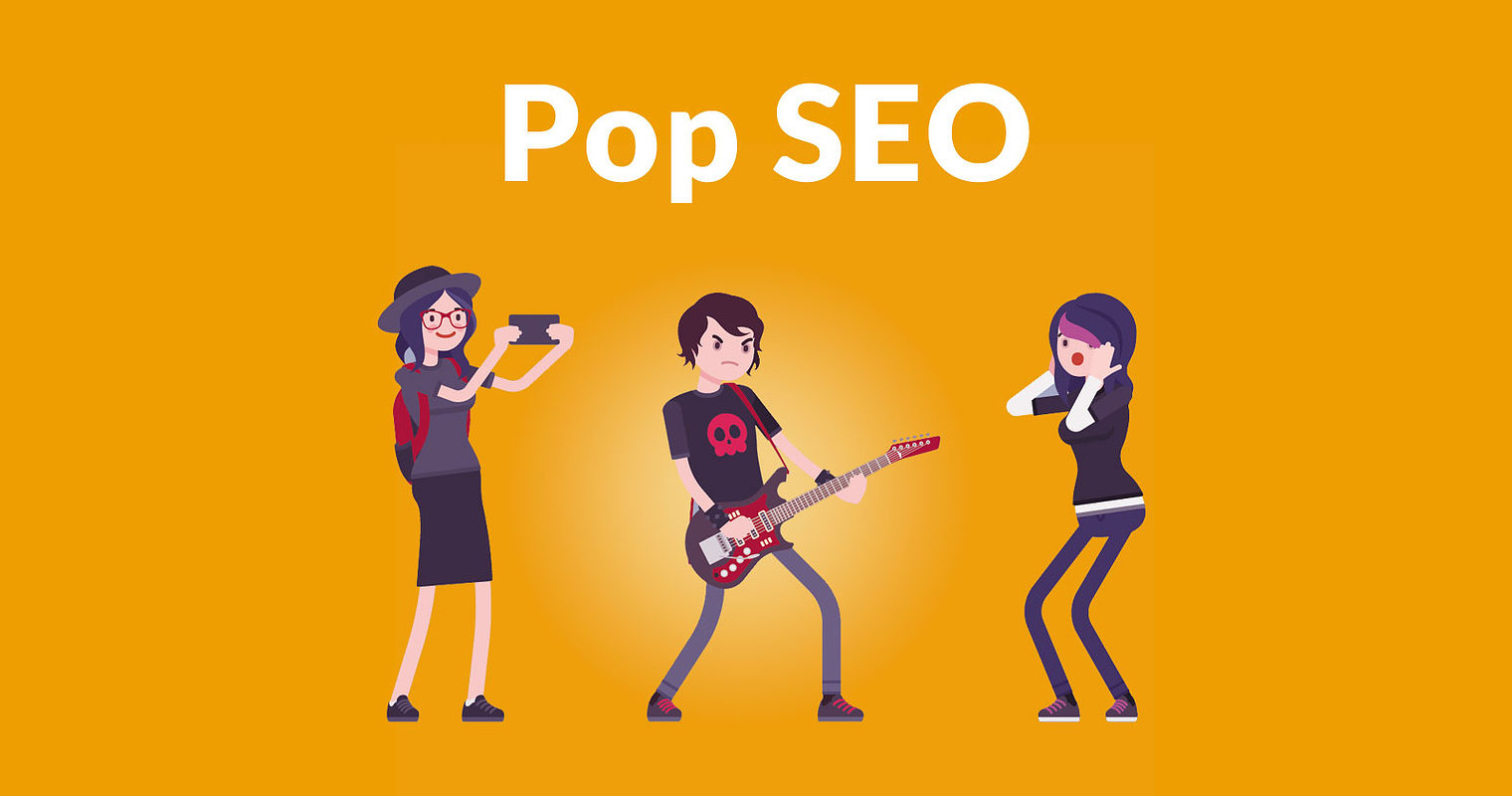
There is a hypothesis about Google’s ‘content
cannibalization penalty’ which is commonly discussed in social media and blogs.
The case studies related to this scenario are real because
when you remove bad content, you start getting your website ranked again. But is
it really the case of penalty?
Can’t it be the case in which the web page just doesn’t
rank? In this article, we will try to cover the difference between this
so-called ‘penalty’ and the idea about what search engine algorithm can do.
Is content
cannibalization a penalty?
Talking about the penalty, it’s something which involves
discussion about search engine algorithms. In fact, this discussion about
penalty turns into discussion about algorithm quite sooner.
Here, majority of people believe that search engines do not
work openly and their objectives are secret. The SEOs and marketers have to
observe things in order to know the impact of certain actions. This is not
true. Search engines work openly and they convey things promptly. Here is
something which Google says in this regard.
“Google publishes hundreds of research papers each year.
Publishing is important to us; it enables us to collaborate and share ideas
with, as well as learn from, the broader scientific community. Submissions are
often made stronger by the fact that ideas have been tested through real
product implementation by the time of publication.”

Pop SEO basics
People working on pop SEO usually consider things which make
some sense. As a result, they like to talk about things without giving
references. Thus, it has been commonly observed that such SEOs almost never
cite links to prove what they say is right.
If we look at this approach from an unbiased angle, it makes
sense that you should research more and develop logic before writing it down.
This way, you will be able to write about things by describing the reasons and
logic behind their occurrences. However, all this mentioning and describing
doesn’t move beyond an act of hypothesis which has the tendency to be proved
wrong anytime. The major difference between a hypothesis and a concept is that
hypothesis is based on observation and guess work; on the other hand, a concept
is purely based on solid evidences. Google prefers the latter one.
What difference does
it make?
Guessing what search engines do and knowing what they do are
quite different things. When you make a guess about algorithms and develop your
strategy based on this guess, it’s called pop SEO strategy and it has the tendency
to not staying true to certain terms of search engine. Hence, you can go deep
down in ranking. One thing worth mentioning here is that pop SEO doesn’t
involve something which is banned by Google. For instance, low quality and spam
approach can get you a penalty by Google. This is what pop SEO would say too.
But it might not be able to cover the current changes in algorithm due to which
you may not be able to catch up with the updates about ranking factors. Hence,
you may get demoted with this approach. This demotion is not a penalty. You can
just trim the fat related to content or you can make the content complying with
the new rules to regain your position.
Using intelligent Google penalty removal strategies, https://growth-loops.com/services/penalty-removal/ company have helped numerous companies recover from the associated issues. This is what makes us confident in our abilities to cope with even the most aggressive penalty and help a business out any time. Regardless of the type of problem you’re experiencing, can be of assistance and set your website back on track.
ReplyDelete